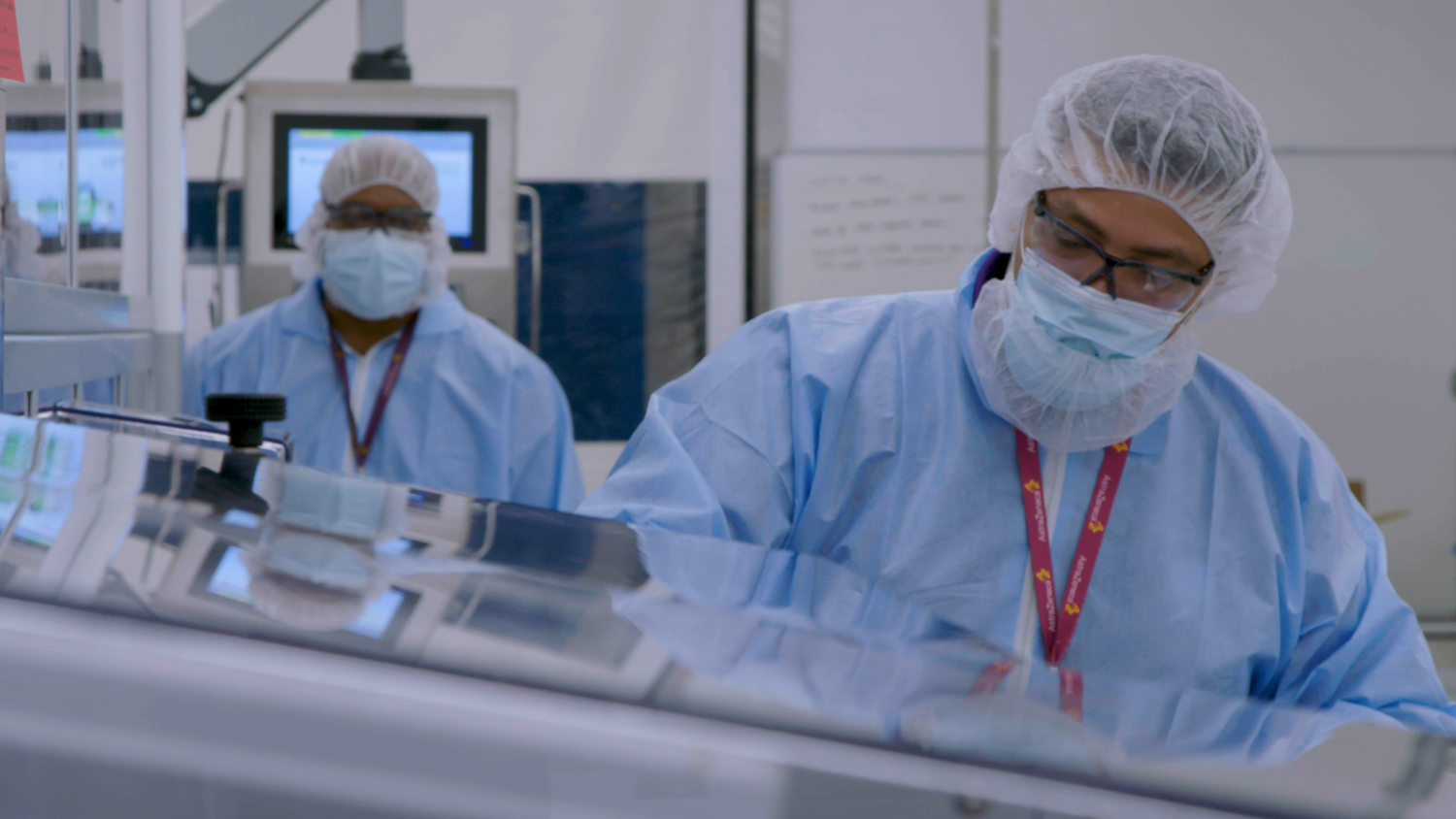
A trial of the Oxford-AstraZeneca Covid-19 vaccine in children and teens has been put on hold while the UK’s drug regulator investigates a possible link between the jab and rare blood clots in adults.
The University of Oxford has halted the paediatric trials of its vaccine, developed in collaboration with pharma giant AstraZeneca, after the UK’s Medicines and Healthcare products Regulatory Agency (MHRA) launched a probe into the potential connection with the jab.

Discover B2B Marketing That Performs
Combine business intelligence and editorial excellence to reach engaged professionals across 36 leading media platforms.
In a statement, the university said it has not seen any safety issues from the trial itself, but decided to pause the study because of concerns about rare blood clotting problems reported in multiple countries.
The trial organisers are awaiting more information from the MHRA, which is currently undergoing a “serious and detailed review” of the shot.
“Whilst there are no safety concerns in the paediatric clinical trial, we await additional information from the MHRA on its review of rare cases of thrombosis/thrombocytopenia that have been reported in adults, before giving any further vaccinations in the trial,” the university said. “Parents and children should continue to attend all scheduled visits and can contact the trial sites if they have any questions.”
Paediatric trials of the Oxford-AstraZeneca jab commenced in over 200 children aged from six to 17 years in February.

US Tariffs are shifting - will you react or anticipate?
Don’t let policy changes catch you off guard. Stay proactive with real-time data and expert analysis.
By GlobalDataIn March, the vaccine was reported as safe and effective by both the World Health Organization and the European Medicines Agency, which saw a number of European member states resume vaccinations with the AZ jab, after temporarily pausing their rollout efforts.
Last week the UK government revealed there had been 30 severe blood clotting cases reported out of 15.8 million administered doses of the AstraZeneca vaccine, leading to seven deaths.
The MHRA stated that no similar rare blood-clotting cases were seen among those injected with the Pfizer-BioNTech vaccine.
In an interview with Italian newspaper Il Messaggero, EMA head of vaccine strategy Marco Cavaleri said it was “clear there is a link with the vaccine” and the clotting cases but that there was still uncertainty about what exactly was causing such a reaction.
He also stressed that the vaccine’s benefits outweigh its potential risks.
Cavaleri said that among younger vaccinated people there was a higher-than-expected number of cases of cerebral thrombosis – blood clotting in the brain – compared with the general population.
France, Germany, Italy, Spain, the Netherlands and Canada have all suspended the dosing of AstraZeneca in people under 55, 60 or 65.
UK Prime Minister Boris Johnson has continued to recommend the the Oxford-AZ vaccine, advising the population “to keep going out there, get your jab, get your second jab”.
In an interview with The Independent, University of Reading associate professor in cellular microbiology Dr Simon Clarke said the UK could “afford to be cautious” in suspending the trial of the Oxford-AstraZeneca vaccine in children, because it has access to other options.
The UK has just bought 17 million doses of the Moderna jab, which has been found to be 100% effective against severe Covid-19 cases in Phase III trials. A 24-year-old woman received the first dose of the jab in the UK today.
In a news conference discussing the blood-clotting concerns of the Oxford-AstraZeneca vaccine, the MHRA announced that citizens aged between 18-29 will be offered an alternative Covid-19 jab where possible.





